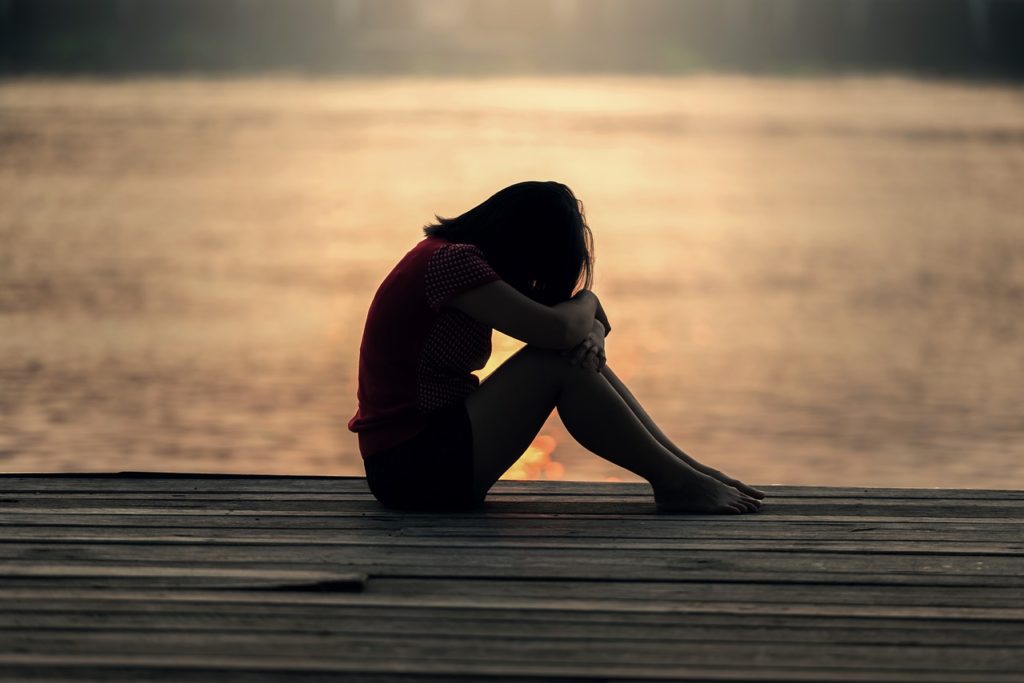HUMAN TRAFFICKING ISN’T JUST AN INTERNATIONAL CRIME BUT ALSO LOCAL ONE

Authorities in Mexico this weekend arrested two people they say were involved in a human trafficking operation. They rescued 24 young women who are from Colombia and Venezuela. This incident underscores how most of us understand human trafficking – as an international crime. But authorities in Texas are deepening their understanding of human trafficking as a local crime.
Ask Toni McKinley about anything related to human trafficking and she’ll answer on the spot. Ask, for instance, who’s at risk?
“All kids are vulnerable,” McKinley says.
As about similarities between trafficking andkidnapping.
“Very rarely is a kid kidnapped,” she says.
There are warning signs that trafficking could occur.
“An older boyfriend is a big red flag,” McKinley says.
She goes down a mental list – a child coming home with expensive gifts or being treated to things like manicures and pedicures. ”… being gone a lot. Not being where she’s supposed to be. Maybe, sudden change in friends – gosh – am I missing any? Those are the major ones – oh, tattoos, the branding.” McKinley says.
McKinley is a licensed professional counselor who specializes in treating human trafficking survivors in Texas. Her answers to these questions about a person being groomed for trafficking are matter-of-fact. But when the questions turn personal, her face changes and her fingers start fidgeting with the edge of her shawl. That’s because as a child McKinley was trafficked.
“I’ve spent a long time in the healing process – it does take a long time,” she says.
She was sold for sex for the first time at the age of five. It happened again when she was 15 and again at 19. As she tells me her story, I fear her emotional scabs may bleed again.
“They wouldn’t let me out of this apartment that I was in the whole time,” she says.
One night, a girl was painfully raped on McKinley’s lap and after that, both girls were transported to a very dark building.
“I was really scared,” McKinley says.
Her fingers continue fidgeting with her shawl as she remembers that night and a moment when she was left unattended.
“You know, at the time, I didn’t really have any belief in any type of religion,” she says. “I believed there was a god but I didn’t know much about it. And, when I was sitting there in this dark house I just heard this voice and I don’t know how to describe it but it said: ‘get out of here or you’ll never be seen again.’”
McKinley pulled the other girl out of the house and forced her to run. They were able to get away, but they didn’t go far. They had nowhere to go “so, we just went back,” she says.
Thousands of kids in Texas – 79,000 by estimates from a recent University of Texas study – are trafficked and have nowhere to go.
Andrea Sparks leads the Child Sex Trafficking team at the Governor’s Office.
“When law enforcement comes across these kids, there’s often nowhere to put them,” Sparks says. “And, I think our law enforcement in the past several years has been facing a huge dilemma and many times they would end up bringing these kids to detention.”
Until now, a jail cell was the safest place cops had for a rescued child. But things are changing – and change started with a new understanding of who these children are.
“The way that we looked at these kids for a long time – we looked at them as runaways, as delinquents — we treated them as child prostitutes and the reality is there is no such thing,” Sparks says.
They are children who cannot consent to being raped 12 times a day for months or years on end.
Another change is that non-profits, government entities and faith-based organizations are starting to build places of refuge for these children. One is in Bastrop County, near Austin. It’s still under construction but I was able to take a tour.
The location for The Refuge for Domestic Minor Sex Trafficking is not yet public. The place is still $2 million shy of the amount needed for it to open in 2018. But it’s shaping up to be something of a small village complete with a medical clinic, a school, a house of worship, a farm and small cottages where survivors will live.
Sparks says places of refuge are also in the works in Houston, Fort Worth, El Paso and Killeen. But they can’t be ready soon enough and even when they are, they will only fulfill the needs of a few dozen survivors, not the tens of thousands that are in Texas alone.
“So, we have a long way to go,” Sparks says. “But, I think there is a new focus on trying to prevent this from happening in the first place. You know, we’ve gotta go upstream and try to get at those kids whom we see are vulnerable to this.”
Kids like counselor Toni McKinley was. She was eventually rescued when a stranger recognized her photo from the missing persons’ poster he’d seen at a nearby gas station and called the police.
“That’s how I got found. I was not far, like literally a couple hundred feet from where I went missing is where I was at,” McKinley says.
Exploited children in Texas could be anywhere – that’s why McKinley and Sparks encourage everyone to start paying attention.
Source: http://www.texasstandard.org/stories/human-trafficking-isnt-just-an-international-crime-but-a-local-one
